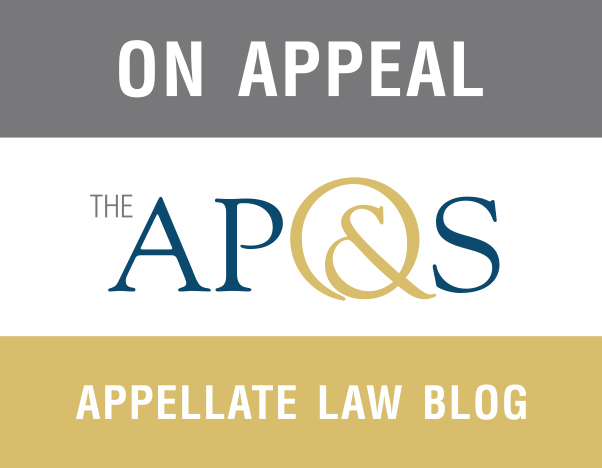The Rhode Island Supreme Court strictly adheres to the raise or waive rule, pursuant to which “an issue that has not been raised or articulated previously at trial is not properly preserved for appellate review.” State v. Moten, 2008-51-C.A. at 9 (citing State v. Gomez, 848 A.2d 221, 237 (R.I. 2004)); State v. Figuereo, 31 A.3d 1283, 1289 (R.I. 2011)). Past editions of the Fast Five on Rhode Island Appellate Practice have addressed the raise or waive rule at length. See https://www.apslaw.com/on-appeal/category/raise-or-waive-rule/ (cataloging prior posts on the raise or waive rule).
Recently, the Supreme Court cautioned litigants that a preliminary ruling on a motion in limine generally is insufficient to preserve an issue for appellate review. Martin v. Lawrence, No. 2012-297-Appeal. In Martin, the defendant moved in limine to exclude a document from evidence. Id. at 7. After considering the defendant’s motion, the trial justice stated that he was “rul[ing] preliminarily that the objection of the defendant is sustained on the grounds that the statement sought to be presented by the plaintiff . . . is hearsary [ ] that does not fall within any exception to the hearsay rule.” Id.
In addressing whether the trial court’s preliminary ruling was sufficient to preserve the issue for appellate review, the Supreme Court noted that “‘a ruling on a motion in limine, unless unequivocally definitive, will not alone suffice to preserve an evidentiary issue for appellate review; a proper objection on the record at the trial itself is necessary.’” Id. at 7-8 (quoting State v. Andujar, 899 A.2d 1209, 1222 (R.I. 2006)). Nevertheless, the Supreme Court concluded that under the circumstances, where the trial justice’s decision on the motion in limine was made on the same day that trial was to commence, plaintiff may have been reluctant to attempt to introduce the evidence. Id. at 8. Thus, the Supreme Court proceeded to address the appropriateness of the trial justice’s ruling. Id.




